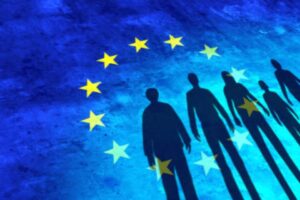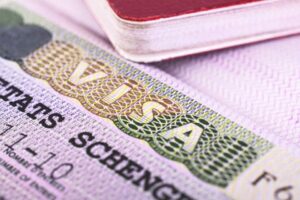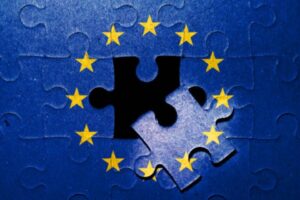The European Commission has released guidance for how to safely get Europe’s tourism and travel industries going once again, as the world transitions from lockdown to resume business as usual.
According to the press release, the guidance will include an overall strategy for recovery; a common approach to restoring free movement; a framework for the re-establishment of transportation; a recommendation to increase the value of travel vouchers; and criteria for restoring tourism activities gradually and safely.
According to the press release, free movement between Member States is key to a healthy tourism and travel industry. It also states that blanket precautions will be replaced by more targeted measures for containment, and that epidemiological situations between Member States should be taken into consideration.
“Free movement and cross-border travel are key to tourism. As Member States manage to reduce the circulation of the virus, blanket restrictions to free movement should be replaced by more targeted measures. If a generalized lifting of restrictions is not justified by the health situation, the Commission proposes a phased and coordinated approach that starts by lifting restrictions between areas or Member States with sufficiently similar epidemiological situations. The approach must also be flexible, including the possibility to reintroduce certain measures if the epidemiological situation requires,” the press release reads.
The EC detailed that Member States should act on the following criteria for reintroducing free movement across borders for purposes of tourism and travel:
- Epidemiological, focusing on areas with high-risk of infection
- The ability to apply containment measures throughout the whole journey
- Economic and social considerations, initially prioritizing cross-border movement in key areas of activity
To safely resume tourism services like hotels and other forms of accommodation, the EC detailed criteria for business owners and government officials in the area, including epidemiological evidence, sufficient capacity in healthcare systems, and surveillance for contact tracing.
“These guidelines will allow people to safely stay at hotels, camping sites, Bed & Breakfasts or other holiday accommodation establishments, eat and drink at restaurants, bars and cafés and go to beaches and other leisure outdoor areas,” the press release reads.
The press release also made sure to specify that location-tracking apps used for things like contact tracing should be “voluntary, transparent, temporary, cybersecure, using anonymized data,” and should be Bluetooth compatible as well as operating across borders.
Finally, the EC stated in the release that they recognize the right to choose cash reimbursement for cancelled travel instead of vouchers but lay out a plan to make vouchers more attractive to customers who could receive them.
“While reaffirming this right, the Commission’s recommendation aims to ensure that vouchers become a viable and more attractive alternative to reimbursement for cancelled trips in the context of the current pandemic, which has also put heavy financial strains on travel operators. The voluntary vouchers should be protected against insolvency of the issuer, with a minimum validity period of 12 months, and be refundable after at most one year, if not redeemed. They should also provide passengers sufficient flexibility, should allow the passengers to travel on the same route under the same service conditions or the travelers to book a package travel contract with the same type of services or of equivalent quality. They should also be transferable to another traveler,” the press release reads.
It is still not yet known exactly when the tourism industry will be back in its entirety.










